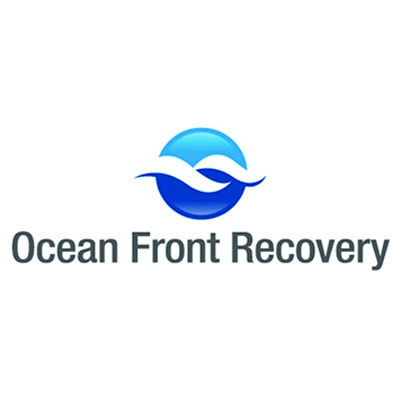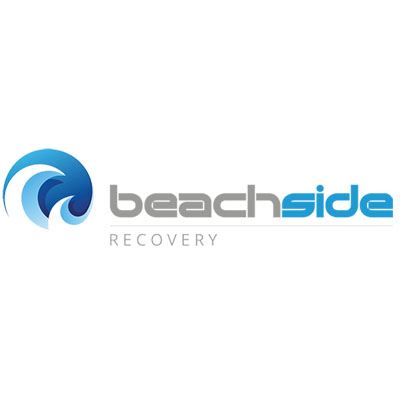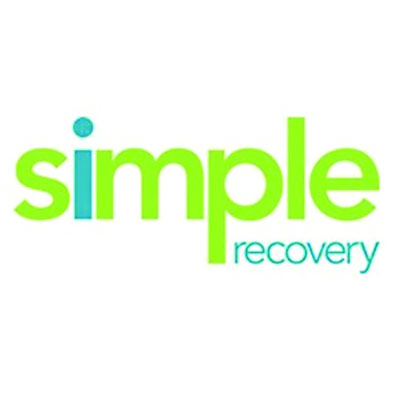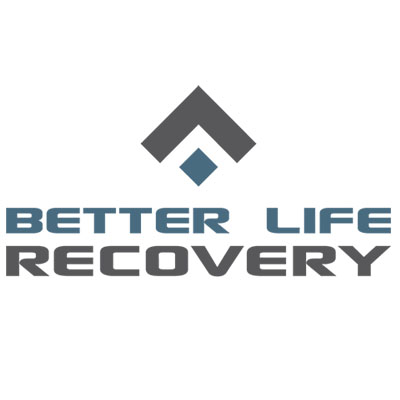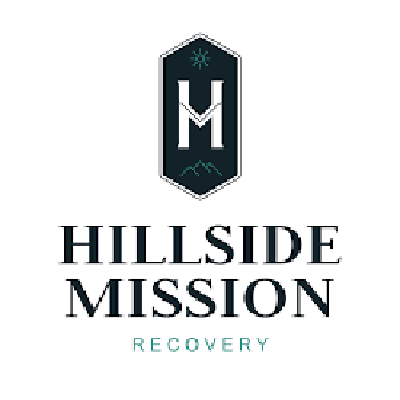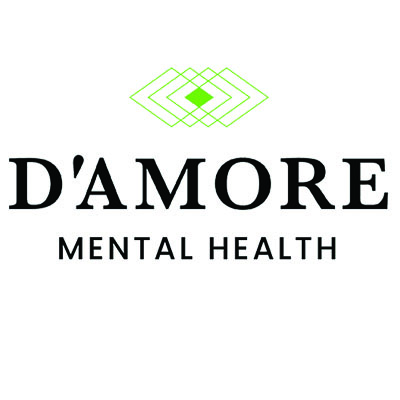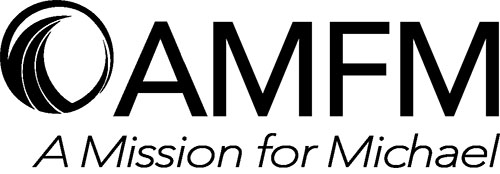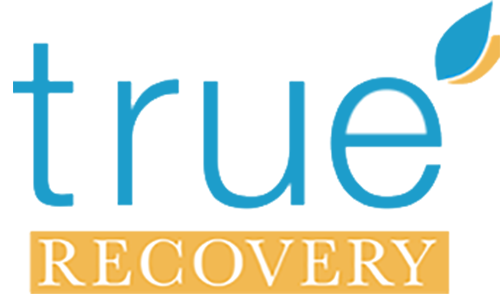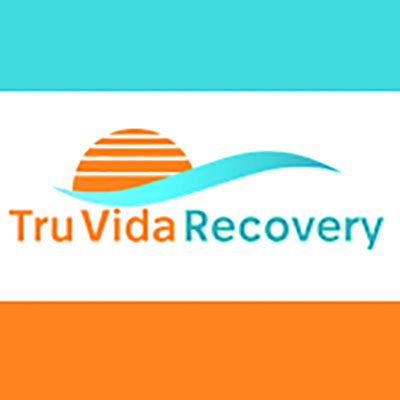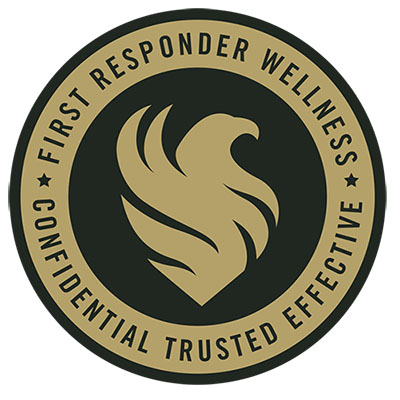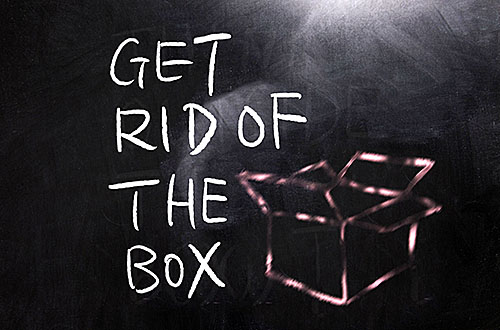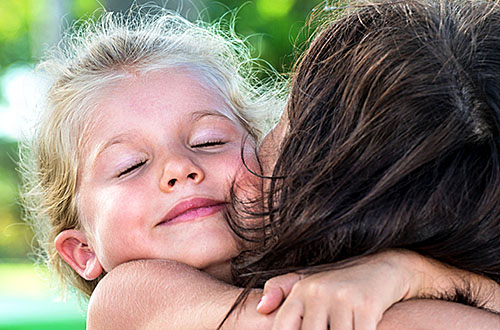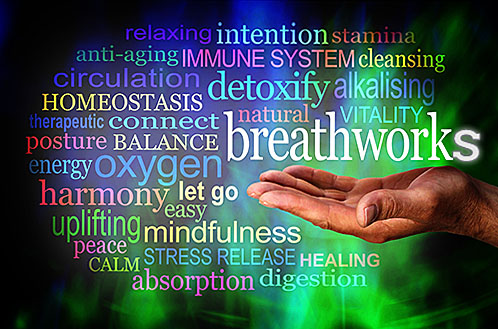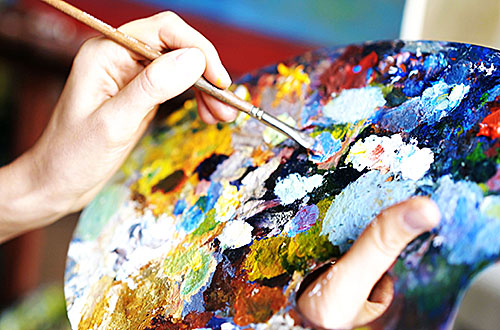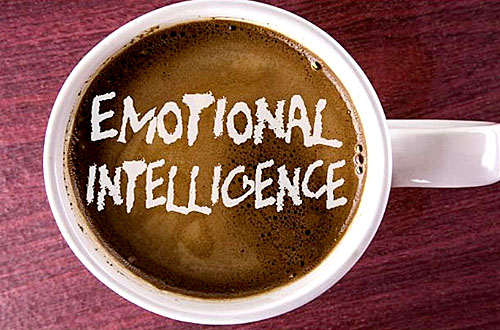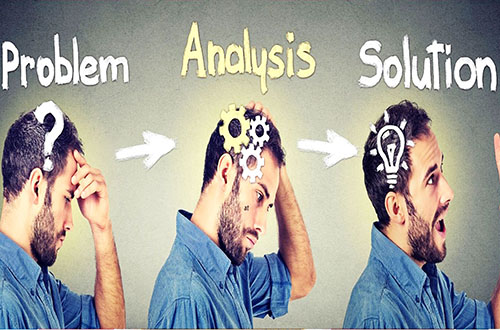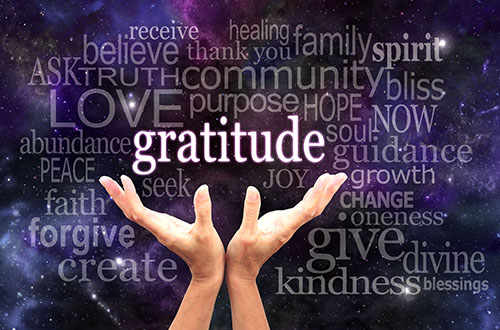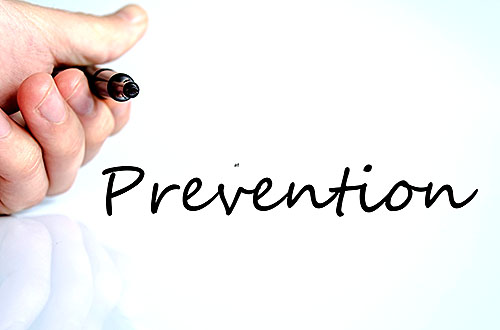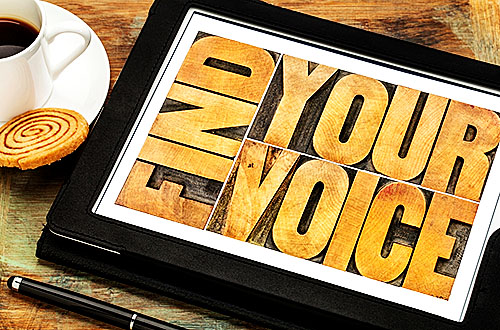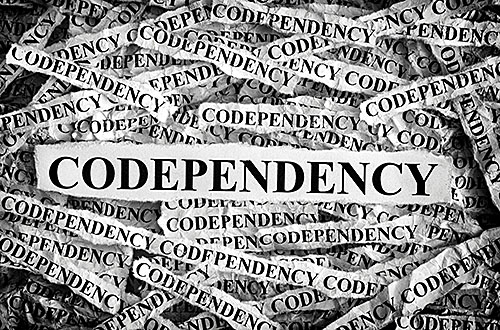Treatment Programs
Kimberly Lou Inc. Be U has over 30 programs we can offer your facility. In addition, each of our facilitators has been in treatment and is familiar with the treatment process, making them relatable to the clients. Our mission is to help clients accelerate and thrive through mental focus, emotional intelligence, and physical movement, and we are passionate about expanding our programs throughout southern Orange County. As a result of our top-quality care and service, which allows us to break down barriers to recovery, we have an extremely high participation and satisfaction rate.
Book your free demonstration of any program of your choosing to ensure your satisfaction with the group facilitation.
We come to you with a prepared six-week curriculum for each one of our 30 programs. In addition, during these trying times, we also offer Zoom or any virtual platforms you are comfortable with.
Meet Our Team
We have a team of highly experienced practitioners who facilitate multiple groups throughout Southern California and absolutely love what they do. They are experienced in working with treatment centers and are knowledgeable in managing any circumstances that may arise. They are ESPECIALLY great at getting full participation.
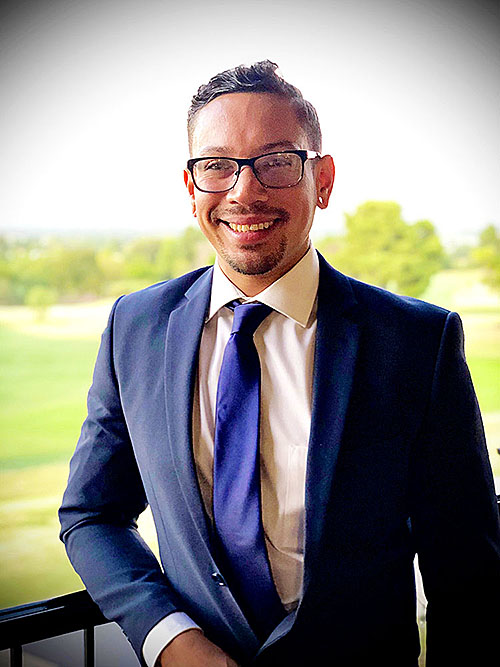
Bryan Aleman
As a fitness professional, Bryan Aleman believes that physical fitness and mental health go hand in hand. Trained and well versed in the Pranayama breathing technique (Breathworks), Bryan aspires to help individuals in need through his personal experiences in life and group facilitating skills. Bryan is passionate about his practice and its benefits because he has the opportunity to support clients through hard times in their recovery and guide them to a new way of living. As an artist, Bryan believes it is never too late to make your life a masterpiece.
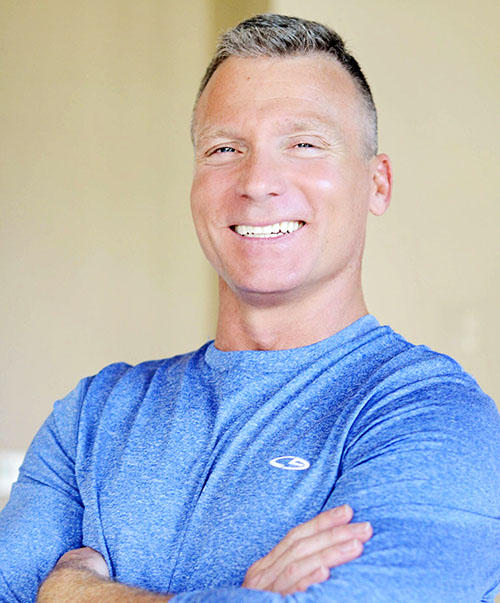
Adam Leiter
Adam is an RADT certified practitioner, a certified yoga instructor, group fitness instructor, and life coach. Adam has personal experience in recovery from addiction. And his journey has inspired him to grow as a leader as a healer and to be of service to others. Adam is honored to work with people from all walks of life on their journey out of addiction and he finds it extremely rewarding to bring value and assistance to clients as they move forward with their lives. In his spare time Adam likes to work out, swim, cycle, play sports, practice yoga,
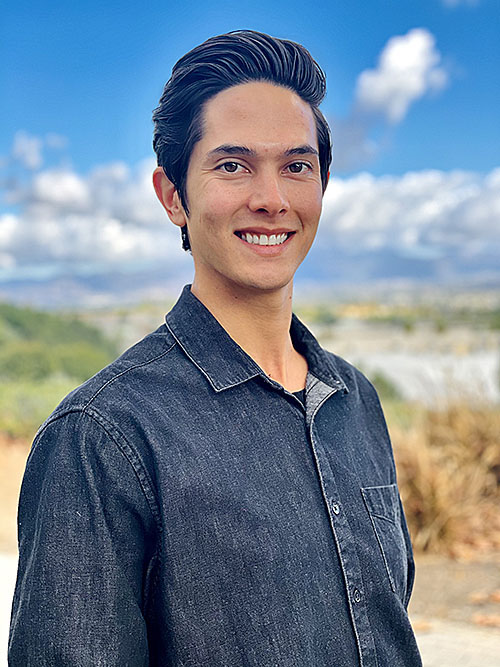
Mark Puchalski
Mark is our ADT certified practitioner and has a personal history of overcoming childhood trauma and mental health issues. The events that transpired in his past shaped him into the person he is today, and he thinks that is why he is so passionate about helping others work on their own personal growth and development. He’s always been someone who strives to be there for people and believes that facilitating the treatment and recovery of others is one of the most fulfilling ways to do so. In his spare time, Mark enjoys spending time outdoors camping, hiking, skateboarding, and laughing with his family and friends.
Meet Our Partners
We work with over 50 Addiction and Dual Diagnosis Treatment Centers, including Simple Recovery with the First Responders Unit, True Recovery, D’Amore, AMFM, A Better Life Recovery, Casa, Seaside, Tru Vida, Hillside, Gratitude Lodge, OceanFront and Beachside Recovery to name a few.
References are available upon request.

